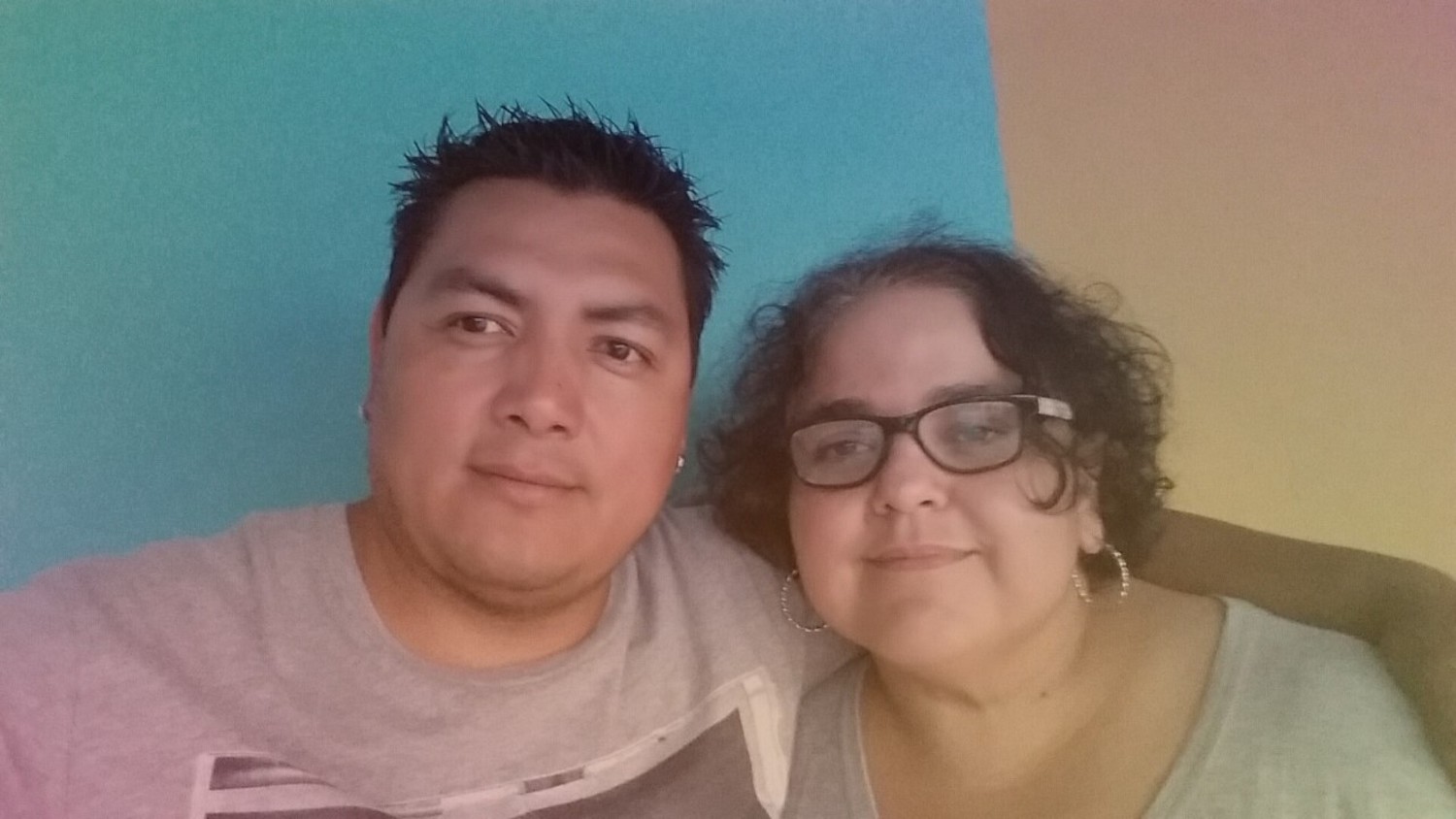The United States Supreme Court decided against a Los Angeles woman who argued that her constitutional rights to marriage and due process were violated when her Salvadoran husband was denied an immigration visa partly over his tattoos. Depicting Sigmund Freud, theatrical masks, a tribal design featuring a paw print, and the Catholic iconography of the Virgin of Guadalupe, the tattoos were incorrectly interpreted as affiliated with the transnational gang MS-13, the couple said.
In a 6-3 ruling on June 21, the justices found that Sandra Muñoz, a US citizen and civil rights attorney, “does not have a fundamental liberty interest in her noncitizen spouse being admitted to the country,” effectively upholding the 2015 visa rejection that separated her from her husband Luis Asencio-Cordero for nearly a decade.
Asencio-Cordero’s visa was initially rejected during a final interview in El Salvador by a consular officer who cited “reasonable ground to believe” that he was likely to engage in “unlawful activity,” despite having no criminal record in El Salvador or the US. Deducing that he was denied a visa because of an inaccurate presumption that he was connected to MS-13, Asencio-Cordero renounced any affiliation with the gang and appealed to the Department of State, which in turn upheld the consulate’s decision.
The couple subsequently filed suit against the department in 2017, claiming that officials had infringed on Muñoz’s constitutional liberties “by failing to give a sufficient reason why Asencio-Cordero is inadmissible under the ‘unlawful activity’ bar.”
Two years into litigation in federal court, the couple found out that Ascencio-Cordero’s application was rejected in part because of his tattoos. According to the couple’s attorney Eric Lee, both Ascencio-Cordero and a court-approved gang tattoo expert denied any connections between the tattoos and MS-13.
Justice Amy Coney Barrett delivered the court’s opinion, writing that Muñoz’s argument “fails at the threshold” because it is predicated on the foundation that she has an unenumerated right to bring her noncitizen spouse into the country.
“To establish this premise, she must show that the asserted right is ‘deeply rooted in this Nation’s history and tradition,’” wrote the Trump-appointed justice.
In a dissenting opinion that was joined by Justices Elena Kagan and Ketanji Brown Jackson, Justice Sonia Sotomayor expressed apprehension over the apparent diminishing of fundamental marriage rights, opening her statement with a quote from the 2015 landmark decision legalizing same-sex marriage: “The right to marry is fundamental as a matter of history and tradition.”
In a statement, Lee characterized the ruling as “another shovel of dirt on the coffin of American democracy” and blamed the Biden administration for initially appealing the Ninth Circuit Court of Appeals’s 2022 decision which ruled in the couple’s favor, noting the irony in last week’s passage of parole in place immigration relief.
“It is bitterly ironic that Mr. Asencio-Cordero would have qualified under the Parole in Place program announced by the administration earlier this week had he decided to remain in the shadows rather than follow the lawful process for acquiring a green card so many years ago,” Lee said.
“We are deeply dissatisfied by today’s decision and by the actions of the administration throughout this litigation, but we will never stop fighting for separated families.”

